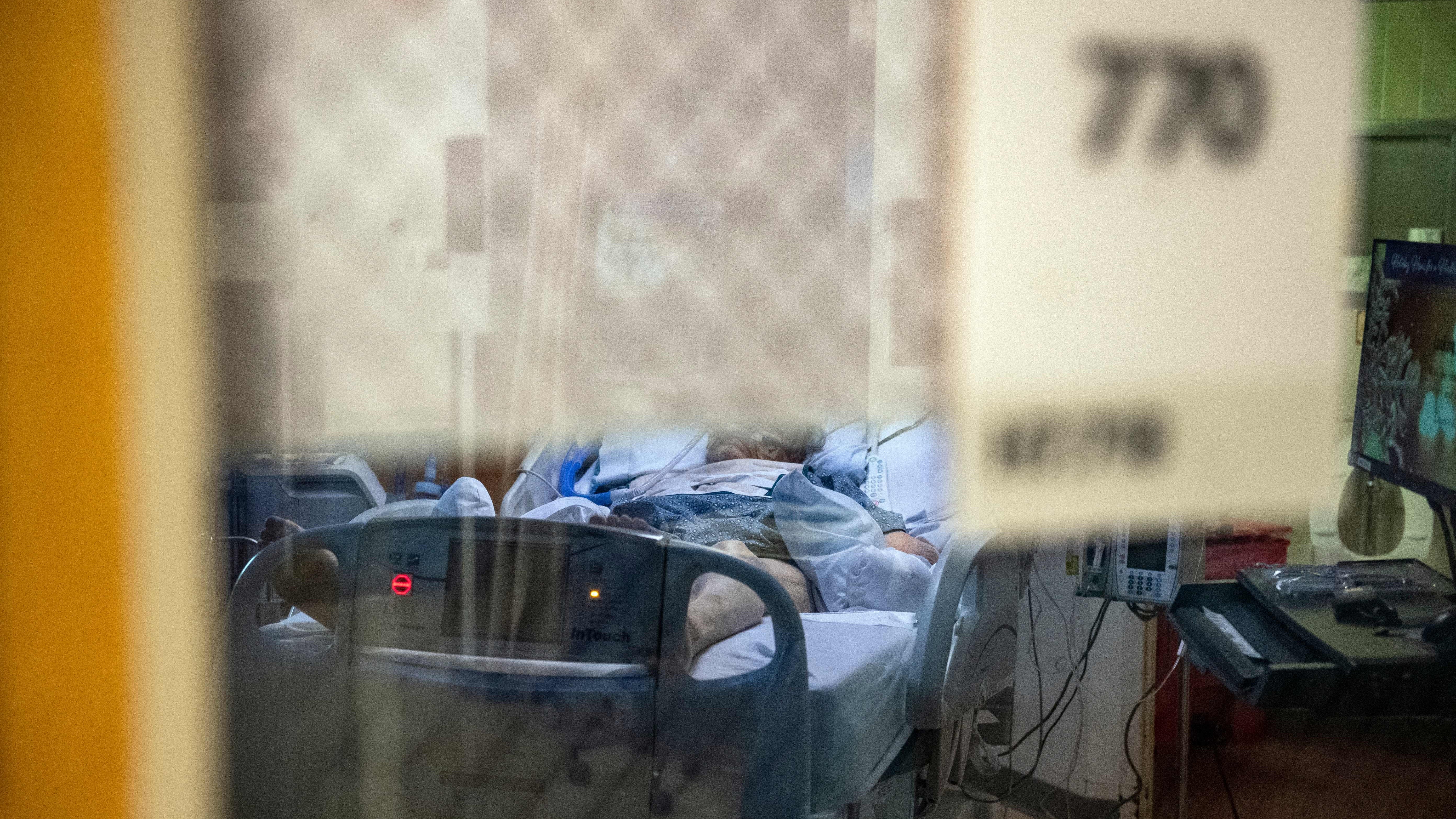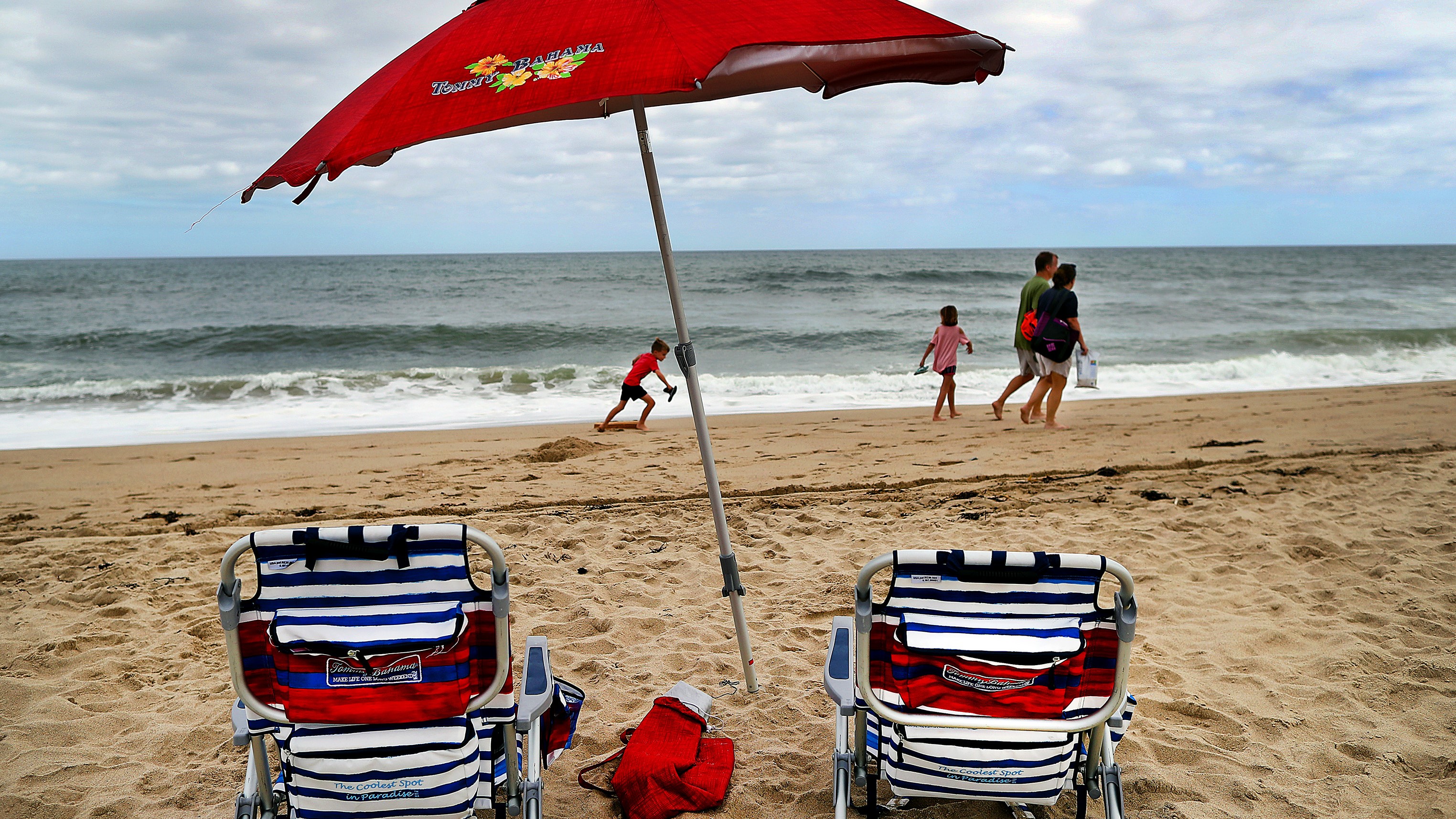As the highly contagious BA.5 omicron subvariant takes over as the dominant coronavirus strain and fuels concerns about a potential summer surge, many are wondering whether to get another booster shot and when.
Infectious disease experts are worried that the fastest-spreading COVID-19 subvariant yet -- the latest version of omicron -- could drive a new wave of infections. The Biden administration is currently considering a plan that would allow all adults to get a second COVID booster, but Boston doctors stopped short of encouraging everyone to line up for the shot.
WATCH ANYTIME FOR FREE
Stream NBC10 Boston news for free, 24/7, wherever you are. |
Tufts Medical Center's Dr. Shira Doron, Boston Medical Center's Dr. Sabrina Assoumou and Brigham and Women's Hospital's Dr. Daniel Kuritzkes explained their hesitation around another round of boosters and who they think should get one during NBC10 Boston's latest "COVID Q&A" discussion.
More from this series
Get updates on what's happening in Boston to your inbox. Sign up for our News Headlines newsletter.
Federal health regulators in late March signed off on a second booster dose for people ages 50 and older and immunocompromised individuals amid a rise in cases caused by an earlier omicron subvariant, BA.2. Since then, more subvariants have emerged.
The highly-contagious BA.5 omicron subvariant spread quickly and now accounts for 60% of all COVID-19 cases in New England and 65% across the U.S., according to the latest data from the U.S. Centers for Disease Control and Prevention. The Biden Administration's plan to expand booster access stems from concerns about a nationwide rise in hospitalizations, driven by the extremely contagious subvariants. But Boston doctors aren't convinced that everyone should get another booster.
"I get uncomfortable when I hear that it's the White House making a vaccine recommendation," Doron said, adding that she "feels strongly," that vaccine recommendations should follow due process and ultimately come from the CDC.
"I have very mixed feelings about that because we know that there are people who are vaccinated who still end up in the hospital, but that's rare if you don't have a lot of underlying medical conditions, or are immunocompromised," Doron said. "I haven't seen data to suggest that people under 50 -- as a general rule -- benefit from a fourth dose."
Antibodies from vaccines and natural immunity from previous COVID infections do not seem to be preventing infection, but the Boston-based infectious disease experts said booster shots will further reduce an already low risk of developing severe disease. Kuritzkes said a second booster dose could benefit people with underlying medical conditions.
"Certainly if you are elderly, and it's been six months since you had your last booster, I would consider getting boosted. But you have to recognize that's not going to stop you from getting infected," Kuritzkes said. "I think the issue of timing now is the big question. If we're going to see newer vaccines that incorporate omicron into a bivalent or multi-valent vaccine in a few months, is now the time to get boosted or is it better to wait? I think, unless you're particularly high-risk, it's probably reasonable to wait."
Get updates on what's happening in Boston to your inbox. Sign up for our News Headlines newsletter.
Moderna recently announced that it's developing two potential booster shots targeting the omicron subvariants, the Wall Street Journal reported, which could be rolled out by the fall. But rather than play a timing game, Assoumou urged people to get boosted as soon as they're eligible and to continue to follow CDC guidelines.
"I agree with my colleagues that it is a very challenging situation, but my approach is every time you try to outsmart this virus, you're often not successful," Assoumou said. "My message is, if you're eligible for booster now, go ahead and get it so that you have the highest level protection right now."
Doron landed somewhere in between, questioning people's willingness to get another booster if a variant-specific version comes out in the fall.
"I don't know exactly how that would play out, if the ancestral strain booster were opened up to all now, knowing that we're going to have the omicron bivalent boosters in October," Doron said. "How might that impact people's willingness to take something again a few months later that might be more effective? So, you know, I'm pretty pretty torn about this idea."
The experts noted that it remains to be seen whether a variant-specific vaccine will still be effective by the time it comes out, or if a new strain of the virus will take hold and render it irrelevant.
"Who knows, you know? In the fall, we may not have a BA.4 or BA.5, which we have now," Assoumou said. "But you have to make your best guess, so it's a little bit hard to know what the landscape is going to be like."
Who is eligible for a second booster shot?
So who, exactly, is eligible to get a second booster shot?
According to the CDC, adults ages 50 years and older and some people ages 12 years and older who are moderately or severely immunocompromised can get a second booster.
Those eligible include:
- Individuals 50 years of age and older at least 4 months after getting a first booster
- Individuals 18 and older with certain medical conditions may get a second Moderna booster at least 4 months after first booster
- Individuals 12 and older with certain medical conditions may get a second Pfizer booster at least 4 months after the first booster.
Separately, Massachusetts officals said individuals 18 and older who received a primary vaccine and booster dose of Johnson & Johnson at least four months ago can now receive a second booster dose using an mRNA vaccine like Pfizer or Moderna.
To find a location, go to vaxfinder.mass.gov. or call the COVID-19 Vaccine Resource Line Monday through Friday, from 8:30 a.m. to 6 p.m. and Saturday and Sunday, from 9 a.m. to 2 p.m. at 211.



